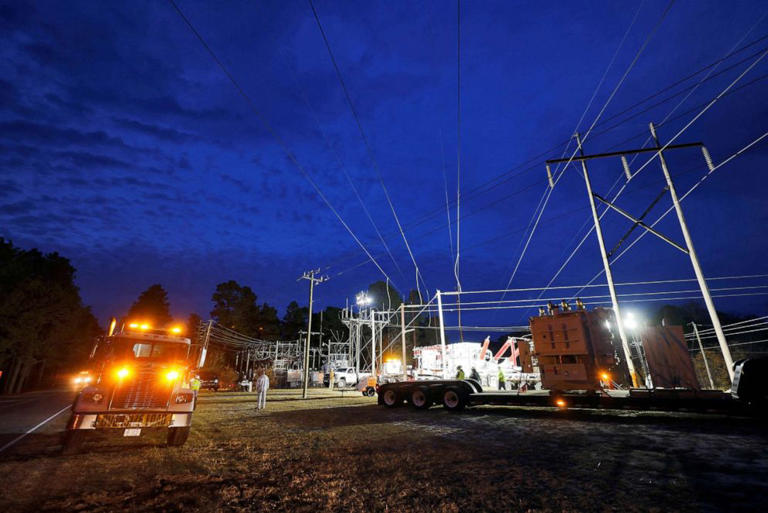
By Deena Beasley
(Reuters) -The rollout of Biogen Inc’s Alzheimer’s drug is hitting new roadblocks as some large hospitals decide not to use it and many health insurers await coverage terms from Medicare, the U.S. health plan for people aged 65 and older, before setting their own policies.
Cleveland Clinic, one of the country’s best-known health systems, and New York’s Mount Sinai Health System on Thursday confirmed they had decided not to carry the new drug, called Aduhelm.
“The tide turned on Friday when the inspector general investigation was announced, and the potential allegation of irregularity in the FDA/Biogen relationship,” Dr. Sam Gandy, director of the Mount Sinai Center for Cognitive Health, told Reuters.
The FDA called last week for an independent federal probe into its representatives’ interactions with Biogen.
Biogen shares fell nearly 8% on Thursday, or $25.21, to $324.85. Guggenheim analyst Yatin Suneja attributed the stock slump to the decision by the two hospital systems not to use the drug.
In mid-June, the Washington, D.C., Neurology Center said it would not recommend the treatment, which is given as a monthly infusion, for any of its patients due to concerns about efficacy, safety and cost.
The U.S. Food and Drug Administration approved the drug, also known as aducanumab, in early June despite mixed clinical trial results. The agency said it was convinced that evidence of Aduhelm’s ability to clear amyloid brain plaques would benefit Alzheimer’s patients.
Biogen, which priced Aduhelm at $56,000 a year, said in a statement on Thursday that clinical data supported the drug’s approval and patients who are denied access should contact the company for help.
INSURERS ON HOLD
Insurers representing millions of American enrolled in private Medicare plans said the drug has yet to meet their bar for coverage based on the data.
UnitedHealth Group, the largest private insurer offering Medicare Advantage coverage to seniors, on Thursday said it was still reviewing the drug and awaiting input from Medicare.
“This has some way to go before we get to real clarity. So I wouldn’t guide you to expect a very rapid decision-making on this piece,” CEO Andrew Witty said.
Humana, the second largest provider of Medicare Advantage plans, also said it has not finalized coverage for Aduhelm as it awaits guidance from the Centers for Medicare and Medicaid Services (CMS).
Several Blue Cross Blue Shield health insurance plans, including those in Michigan, North Carolina and Pennsylvania, have said there is insufficient evidence of Aduhelm’s benefit for patients and they will not provide coverage for the drug.
Biogen said in a statement that the several Blues plans’ “characterization of Aduhelm as experimental and investigational is inaccurate and misleading.”
CMS on Monday began a national review process it said would take nine months to complete. Until then, the agency said coverage determinations for aducanumab are being made at the local level by 12 regional contractors.
SVB Leerink this week said a survey of 57 U.S. neurologists who treat high volumes of Alzheimer’s patients found that 44% of them would use Aduhelm in patients with early Alzheimer’s disease who have evidence of amyloid plaques.
The Wall Street firm estimates sales of the drug at $65 million this year, $1.1 billion next year and $5 billion by 2025.
The Institute for Clinical and Economic Review, an influential pricing group, was holding a meeting on Thursday of doctors, patients and other stakeholders to discuss how Aduhelm’s cost stacks up against potential benefits to patients.
(Reporting by Deena Beasley; Additional reporting by Manas Mishra in Bangalaru and Julie Steenhuysen in Chicago; Editing by Howard Goller)












